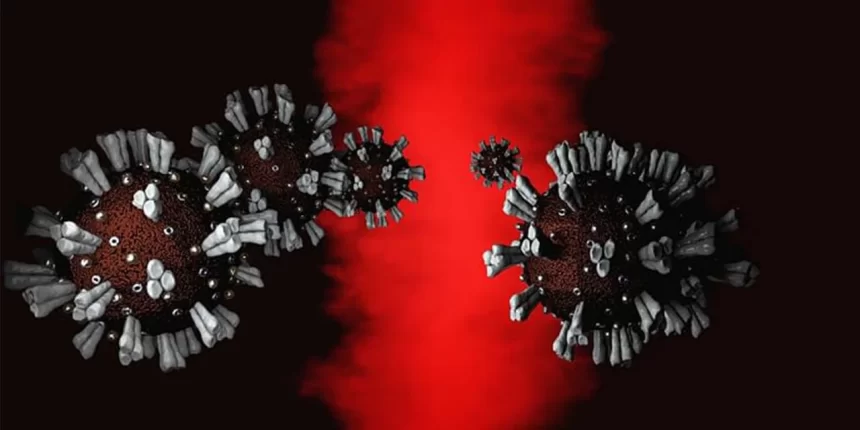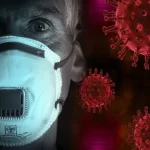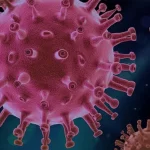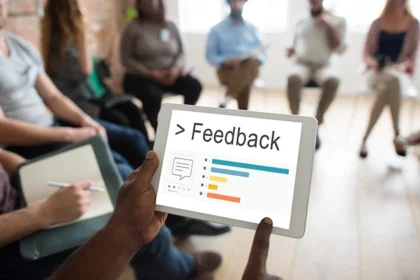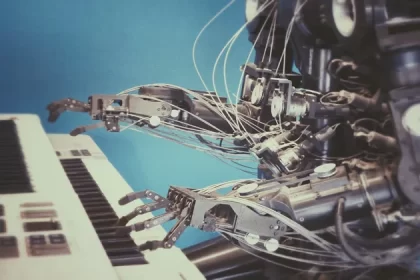The introduction of Artificial Intelligence (AI) brought a huge revolution in the healthcare industry and has developed it to an extent where issues that were impossible to solve a few years back, is now just a matter of few minutes. It has the capability to predict and analyze situations more accurately and in lesser time. But to be honest, with the outbreak of the pandemic COVID-19, it has been proved that no matter how advanced the healthcare industry is, it is not yet ready to cope with such a massive crisis.
Although researchers around the world believe that AI has the potential to prevent such anomalies, they also agree that the technology was not ready to fight this war. With proper study and upgradation, AI can play a huge role in predicting a similar situation, but for the present coronavirus issue, there is still a possibility of minimizing the spread by stalling it.
COVID-19 has created a huge challenge for the government and public health officials and the need of the hour is to collect information at the least possible time and coordinate a response. Thus several organizations are looking forward to AI algorithms to help explore all the data available from around the world. This will enable experts to recognize and take measures to prevent an epidemic.
To streamline the current situation, it is crucial to accumulate all flight information along with passenger details, including their travel history. This involves monitoring the internet and social media as well to detect potential sources of the virus and to prevent further spreading.
To prevent the growth of the virus, population screening is also essential as the government needs to keep track on as many citizens as possible. In case of a medical emergency, they need to get notified on where to send medical help and also keep a track of the number of positive cases, death, and cases solved. Moreover, it also needs to maintain a record of how and where the infection is spreading the most. Researchers are experimenting with several technologies to control the condition, but AI brings forward the biggest hope and has seen rapid developments in the last few weeks in an attempt to assess infection risks.
China had already introduced traditional infrared imaging scanners and handheld thermometers right when covid-19 broke down and was introduced at numerous public locations. Within a couple of weeks, it also launched AI-powered temperature screening systems in subways and railway stations, which are capable of screening people from a distance and can make the process faster as the virus is also spreading rapidly.
The technology has also been progressed to a level where it can detect irregular symptoms and send a notification to the victim to visit a doctor and send the same report to the government as well. This gives a two to four weeks’ advance warning as compared to the situation two weeks ago, eventually offering more time to test and take precautions.
With the release of the COVID-19 Open Research Dataset (CORD-19), SARS-CoV-2, and more such platforms, the health sector is definitely making progress in the scenario. Some of the majorly struck areas are also using AI-powered smartphone apps to monitor an individual’s health and track the geographical spread of the virus, providing real-time information about medical facilities. Besides, researchers are still working on AI to make it capable of detecting the next location of the virus outbreak. With all these upgradation in the AI sector, we hope to get over this crisis at the earliest.



